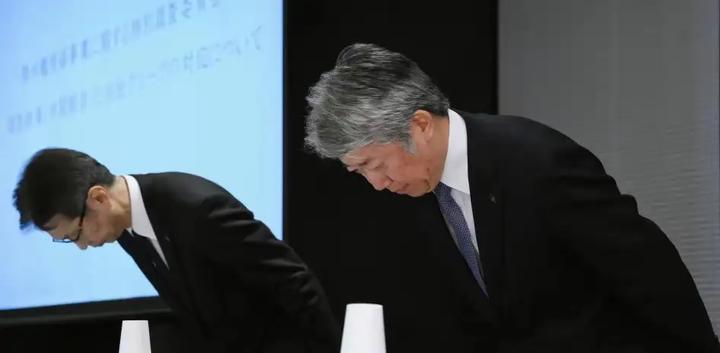Kawasaki Heavy Industries' Military Procurement Scandal
Japanese defense contractor Kawasaki Heavy Industries engaged in fraudulent transactions worth 1.7 billion yen with Japan’s Maritime Self-Defense Force over six years, involving submarine maintenance contracts and improper payments.

A major scandal has emerged in Japan’s defense industry as Kawasaki Heavy Industries (KHI) was found to have engaged in fraudulent transactions with Japan’s Maritime Self-Defense Force (JMSDF) from 2018 to 2023. The case highlights concerning issues in Japan’s military procurement system and corporate governance.
The Japanese Ministry of Defense’s special investigation revealed that KHI, a major defense contractor responsible for submarine construction and maintenance, created fictitious transactions totaling approximately 1.7 billion yen (roughly $11.5 million) over six years. These transactions were primarily related to submarine maintenance contracts.
The investigation uncovered that KHI had established an elaborate scheme involving three subcontractors to generate illicit funds. These funds were allegedly used to provide various items to JMSDF personnel, ranging from necessary tools to shared household appliances for submarine crews. This practice reportedly stemmed from insufficient provision of essential equipment and supplies by the defense ministry.
A third-party investigative committee appointed by KHI identified several root causes of the misconduct. The report highlighted an organizational culture that showed disregard for legal compliance and revealed a concerning pattern of complacency. The investigation found that personnel in charge of maintenance operations remained in their positions for extended periods without rotation, leading to the normalization of improper practices.
KHI’s President, Yasuhiko Hashimoto, acknowledged these findings at a press conference, emphasizing the company’s failure to implement proper personnel rotation and internal controls. He announced several reform measures, including:
- Separation of ordering and delivery verification responsibilities
- Implementation of digital workflows for greater transparency
- Photographic documentation of delivered goods
- Accelerated personnel rotation systems
- Enhanced internal reporting mechanisms
The Ministry of Defense has demanded that KHI return the excess payments received through these fraudulent transactions. This scandal adds to a series of quality control and compliance issues that have recently plagued Japanese manufacturing companies, raising questions about corporate governance standards in Japan’s defense industry.
The case has broader implications for Japan’s defense procurement system, highlighting the need for more robust oversight mechanisms and better provision of necessary equipment to military personnel. It also underscores the importance of regular personnel rotation and strong compliance cultures in defense-related industries where long-term relationships between contractors and military personnel can lead to improper practices.